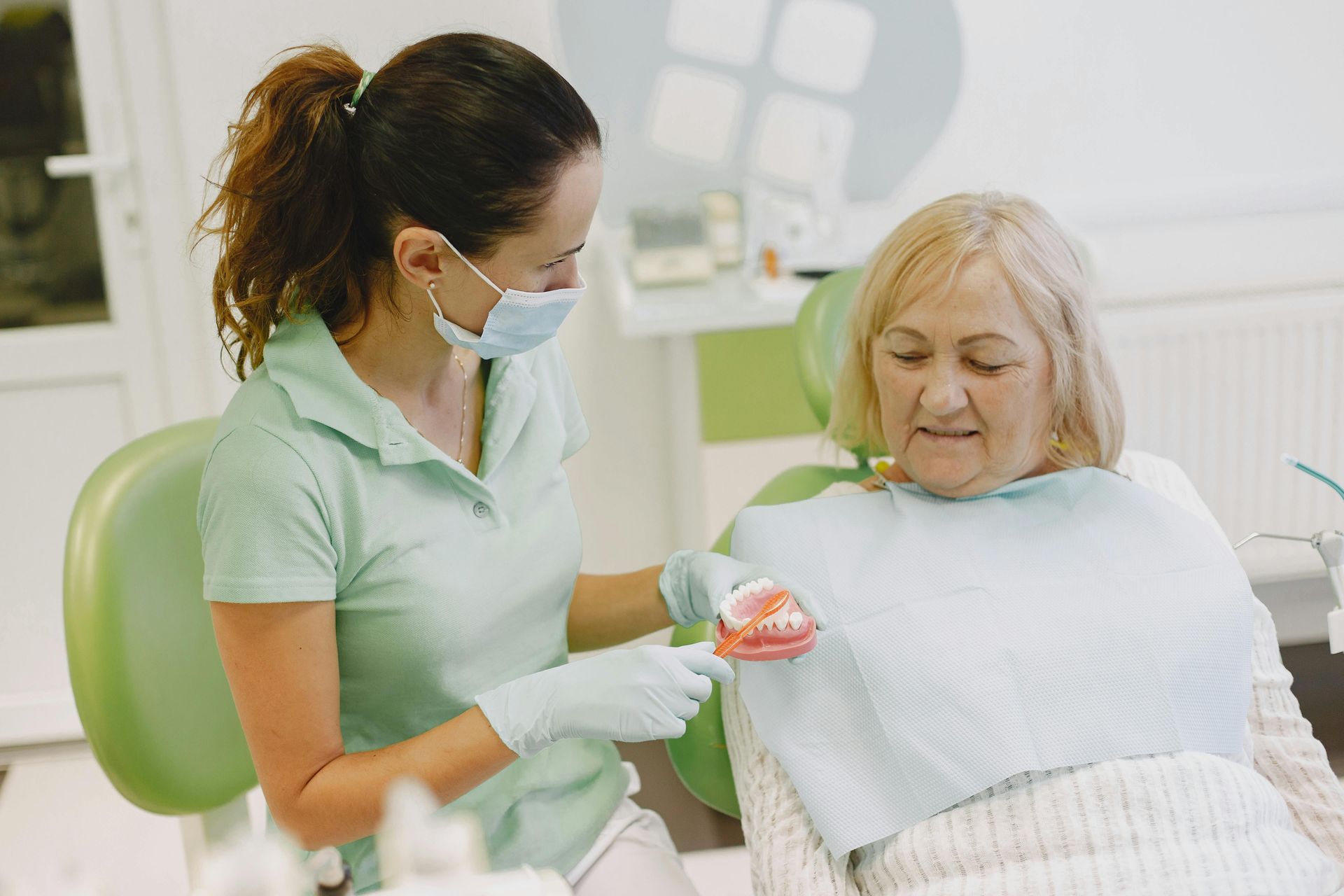Transform Your Smile: 8 Essential Benefits of Cosmetic Dental Procedures
What is Cosmetic Dentistry?
Cosmetic dentistry refers to dental work that improves the appearance, though not necessarily the functionality, of teeth, gums, and/or bite. It primarily focuses on dental aesthetics in color, position, shape, size, alignment, and overall smile appearance. Common procedures include teeth whitening, veneers, fillings that match the color of natural teeth, and bonding, which addresses chipped or cracked teeth.
Unlike traditional dentistry, which deals with the diagnosis, prevention, and treatment of oral diseases, cosmetic dentistry may not be essential for oral health. However, it can provide significant benefits, such as the restoration of damaged teeth to a healthy appearance and even improving bite issues, which can result in better oral health. A treatment plan in cosmetic dentistry is customized for each patient, taking into account their specific desires and the current condition of their teeth.
Procedure: Whitening, veneers, color-matched fillings and bonding.
Cosmetic dentistry offers both psychological and physical benefits, as a pleasing appearance can boost confidence, and fixing structural issues can contribute to improved oral health.
Boosting Self-Confidence
Cosmetic dentistry goes beyond the mere improvement of oral aesthetics; it plays a significant role in boosting individuals' self-confidence. When someone is self-conscious about their smile due to damaged teeth or other dental imperfections, it can lead to a lack of assurance in social situations, professional environments, or even in personal relationships.
The enhancement of a smile through cosmetic dentistry can drastically improve a person’s self-esteem. Having healthy teeth that look good allows for unabashed smiling, talking, and laughing without the fear of judgement. This newfound confidence can open doors to new opportunities and interactions that might have been avoided otherwise.
A treatment plan tailored by a cosmetic dentist often involves correcting issues such as discoloration, misalignment, spacing, and irregularities in the teeth. Patients walk away not only with an attractive smile but also with a renewed sense of self. This emotional and psychological lift is a critical benefit of cosmetic dentistry, highlighting its impact that reaches well beyond the surface level.
Key Points:
- Cosmetic dentistry boosts self-confidence.
- Corrects aesthetic flaws, leading to a worry-free smile.
- Healthy teeth contribute to overall self-esteem.
- A personalized treatment plan tackles unique dental issues.
- Enhancing one's smile can positively impact various aspects of life.
Oral Health Benefits
Cosmetic dentistry is commonly associated with the visual enhancement of teeth, but it is important to note that there are significant oral health benefits as well. When engaging in cosmetic dental procedures to have healthy teeth, patients often receive treatments that also contribute to the overall strength and wellness of their mouth. Procedures such as bonding, veneers, and crowns not only improve the appearance of teeth but also protect against further wear and potential damage. By fortifying the teeth’s structure, cosmetic dentistry can help to ensure a longer-lasting and healthier smile.
Ultimately, cosmetic dentistry contributes to the maintenance of a healthy mouth by addressing underlying issues that, if left unattended, could compromise oral integrity and health.
Prevention of Decay and Disease
An integral aspect of cosmetic dentistry is its potential in the prevention of tooth decay and gum disease. Dental procedures such as fillings and inlays work to repair cavities and prevent further decay. They can be made to match the tooth's color, offering a cosmetic benefit while halting the progression of decay. Additionally, cosmetic gum treatments can rectify receding gums and reduce the risk of periodontal disease, which could lead to tooth loss if untreated.
Addressing Misalignments
Misaligned teeth are not just a cosmetic concern but can also cause a multitude of oral health issues. Cosmetic dentistry options like braces or Invisalign clear aligners rectify such misalignments, resulting in a straighter smile and improved bite. Correct alignment is essential for the proper chewing of food and can alleviate unnecessary stress on the jaw. By treating misalignment, cosmetic dentistry can prevent abnormal wearing of tooth enamel, decrease the risk of temporomandibular joint disorders (TMJ), and make routine dental hygiene more effective in preventing tooth decay and gum disease.
Resolution of Chipped or Missing Teeth
Fixing chipped or missing teeth is not merely a question of restoring a smile's beauty; it is also critical for oral health. Cosmetic procedures such as dental implants, bridges, and crowns address these issues, restoring full functionality to the mouth. Implants, for example, act as a substitute for tooth roots and provide stability for artificial teeth, ensuring that patients can eat and speak without difficulty.
By resolving such dental problems, cosmetic dentistry contributes to the patient's overall well-being, preventing the migration of remaining teeth, bite irregularities, and bone loss. The restoration of damaged teeth can enhance both the appearance and the structural integrity of a patient's dental health, underpinning the importance of a holistic treatment plan.
Remembering to keep these benefits in mind can be key to understanding how cosmetic dentistry holds value far beyond the surface level, delivering health benefits that are foundational for a lifetime's worth of smiles.
Prevention of Decay and Disease
Cosmetic dentistry goes beyond simply improving the appearance of one's smile. It also plays a pivotal role in preventing decay and disease, which is fundamental to maintaining healthy teeth. Regular visits to a cosmetic dentist can result in the early detection of possible dental issues, as such professionals devise personalized treatment plans addressing existing dental health concerns and thwarting future problems.
Short-term cosmetic procedures can reinforce the teeth’s defense against decay. For instance, when cosmetic dentistry involves the use of dental fillings, it replaces decayed tooth material with durable alternatives, thereby protecting the teeth from further deterioration. Cosmetic bonding is another procedure where a resin applied to damaged teeth not only restores their aesthetic appeal but also seals off crevices where bacteria might accumulate.
Additionally, cosmetic treatments like crowns and veneers act as protective shells over teeth, providing a barrier against external bacterial attacks and preventing the onset of tooth decay. With these proactive measures, cosmetic dentistry ensures that individuals not only enjoy an improved smile but also experience the long-term health benefits of decay prevention and disease mitigation.
Addressing Misalignments
Cosmetic dentistry not only enhances the appearance of your smile but also offers a strategic solution for addressing misalignments that can affect both your oral health and self-esteem. Misaligned teeth often contribute to dental issues like an uneven bite, which can lead to damaged teeth over time due to uneven stress when biting and chewing. Through treatments like braces or Invisalign, cosmetic dentistry can realign the teeth into a healthier position, reducing the risk of damage and promoting a stronger bite.
Moreover, when teeth are properly aligned, they are easier to clean effectively. This prevents the buildup of plaque and tartar which can lead to cavities and gum disease, thereby supporting the maintenance of healthy teeth. A treatment plan for misalignments usually includes a thorough assessment of your teeth and gums, followed by recommendations for the appropriate procedures to achieve both functional and aesthetic goals.
Here’s a quick breakdown of the benefits related to addressing misalignments through cosmetic dentistry:
- Improved oral hygiene (easier cleaning)
- Reduced risk of tooth wear and damage
- Better chewing function
- Enhanced appearance and confidence
- Decreased risk of gum disease and cavities
In essence, while the aesthetic improvements are usually the immediate draw, the long-term oral health benefits provide additional value to pursuing a treatment plan for dental misalignments.
Resolution of Chipped or Missing Teeth
Cosmetic dentistry offers a host of solutions for individuals with chipped or missing teeth, a common concern that can affect both dental health and self-esteem.
The resolution often starts with a comprehensive evaluation, leading to a personalized treatment plan. For chipped teeth, procedures such as dental bonding or veneers can restore the tooth's appearance and function. Bonding involves applying a resin to the damaged area, which is then shaped and hardened, while veneers are custom shells that cover the front surface of teeth.
For missing teeth, options include dental implants, bridges, or dentures. Dental implants provide a durable and natural-looking replacement, anchored directly into the jawbone. Bridgework replaces missing teeth by creating a literal 'bridge' between remaining healthy teeth, and dentures are removable appliances that can replace several or all of one's teeth.
These tailored solutions not only improve the aesthetic appeal of one's smile but can also contribute to better oral health, ensuring the alignment of remaining teeth and maintaining a proper bite and chew function. Advancements in cosmetic dentistry continue to offer varied and effective treatments to transform damaged teeth into a healthy, radiant smile.
Customized Treatment Options
Cosmetic dentistry provides a plethora of treatment options catering to diverse needs. Individuals with damaged teeth can find a solution tailored to their unique dental profile, ensuring both aesthetic and functional rehabilitation. Here's an overview of the customized treatment options:
- Dental Implants: Ideal for missing teeth, implants simulate a natural tooth's root and crown structure, offering a sturdy and permanent fix.
- Veneers: Custom-made shells that cover the front surface of teeth, perfect for concealing discoloration or minor imperfections.
- Teeth Whitening: A personalized approach to address staining and brighten your smile, enhancing the appearance of healthy teeth.
- Dental Crowns: Specifically designed to fit over the entire damaged tooth, crowns restore shape, size, and strength.
- Invisalign: Custom fitted clear aligners gently shift teeth into proper alignment, a discreet alternative to traditional braces.
Each patient receives a detailed treatment plan after thorough consultation, ensuring their cosmetic dentistry results meet both their functional needs and aesthetic goals. This inclusive approach ensures every individual walks away with a smile that is as unique and vibrant as they are.
If you are considering cosmetic treatment, call us today at (416) 901 - 9292 for a general review to discuss the best procedure for you. Someone from our team will be happy to answer any questions and schedule an appointment as soon as possible. We offer safe soothing dentistry in North York.












